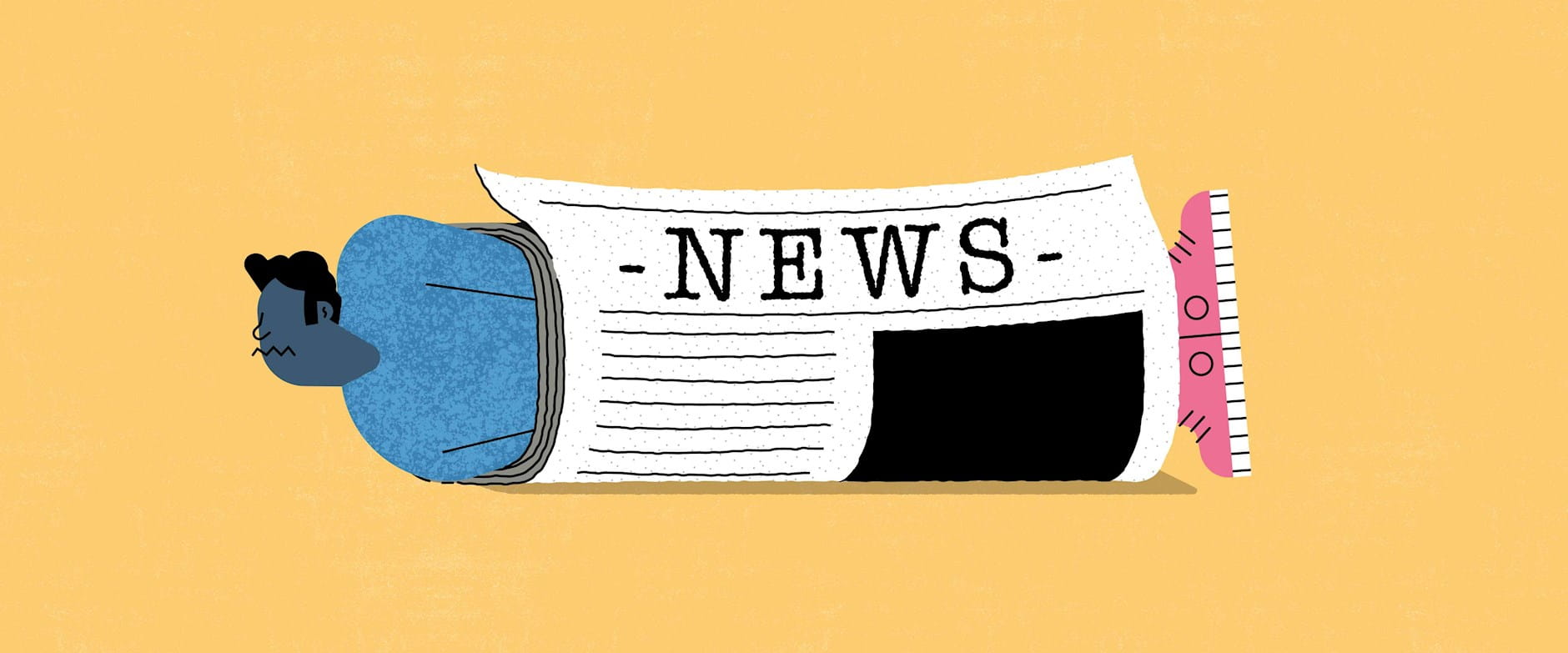Promotional offers for newspapers, gym memberships, internet and phone services, and other subscription-based businesses sometimes come with a catch: after a honeymoon period of reduced pricing, the business renews the membership automatically, at a higher price. Then customers may find themselves unwittingly paying a recurring membership for something they don’t fully use or want.
Many people are too busy, forgetful, or distracted to unsubscribe, and some companies lean on this consumer inertia to boost revenues. But this kind of exploitation may come back to bite them in the long run, suggests research by HEC Paris’s Klaus M. Miller, Stanford’s Navdeep S. Sahni, and Chicago Booth’s Avner Strulov-Shlain.
The researchers ran a field experiment tracking promotion-backed online subscriptions to a well-known European newspaper between 2018 and 2020. The newspaper ran a range of promotions offering free access or access at €0.99 for two- or four-week periods, culminating in either an automatic full-priced subscription or automatic cancellation. The researchers looked at eight promotional groups in total.
Miller, Sahni, and Strulov-Shlain had access to the browsing history of more than 1 million potential subscribers from 14 days prior to the promotions to 27 days after. The newspaper also provided two years’ worth of customer relationship management data on all subscriptions and contracts.
The researchers find that in the long run, the promotions automatically enrolling website users in an ongoing subscription at regular prices were considerably less successful than those that were obligation free or simply ended with cancellation. Automatic renewals attracted about a quarter fewer subscribers to the promo.
Thanks, but no thanks
When a newspaper offered potential subscribers a discounted promotion that led to an automatic renewal at expiration, most consumers either avoided it or quickly canceled.
This is most likely because these consumers were aware of the downside of their own future inertia when it came to proactively unsubscribing, the researchers say. Consumers significantly underestimated their own inertia, the researchers write, and yet many still demonstrated a sophisticated understanding of it. “When they were offered something that would ultimately tie them into a situation that their own inertia would make it hard to break, they were overwhelmingly less inclined to sign up for it there and then,” says Strulov-Shlain.
Readers who received an offer tying them into automatic renewal were 9 percent less inclined to sign up for a subscription at any point during the two years following the promotion period, relative to those who’d been able to sign up obligation free. The mere offer of an automatic subscription renewal put them off signing up, the researchers speculate.
Even though the newspaper reported a 21 percent increase in revenue from these unwilling subscribers immediately following the promotions, the benefit quickly faded. After one year, the revenue generated from both promotional offers was equivalent, and there were more subscribers from the promotion that automatically canceled.
Any short-term revenue gains that were due to the inertia of subscribers who were automatically enrolled were outweighed by the longer-term effect, as locked-in customers gradually left, the researchers find.
“Subscription-based businesses focus on customer retention over customer acquisition, so if this is your model, you really need to pay attention to the data,” says Strulov-Shlain. Locking in people turns off customers and deters potential ones, he adds.
Strulov-Shlain thinks that a better strategy for subscription-based businesses is to make it transparently easy for people to leave when they want to. He points to Netflix and Amazon as companies that offer customers the option to cancel their subscriptions easily.
“They’ve understood that exploiting consumer inertia isn’t healthy for long-term business,” he says. “At the end of the day, it’s as true of subscription business models as it is of all human relationships: you just can’t simply force people to love you.”
Klaus M. Miller, Navdeep S. Sahni, and Avner Strulov-Shlain, “Sophisticated Consumers with Inertia: Long-Term Implications from a Large-Scale Field Experiment,” Working paper, March 2022.
Your Privacy
We want to demonstrate our commitment to your privacy. Please review Chicago Booth's privacy notice, which provides information explaining how and why we collect particular information when you visit our website.
